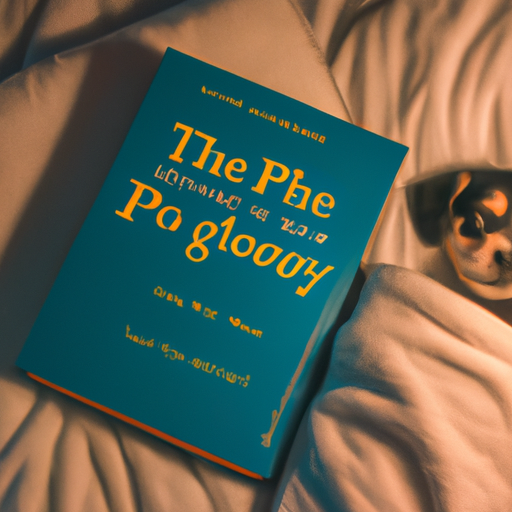As a caregiver, you know the importance of a good night’s sleep, not just for humans, but for our furry friends too. Your new puppy may have difficulty sleeping through the night. It’s a common issue, especially for puppies adjusting to a new home. This guide will help you understand how to get your puppy to sleep, ensuring both you and your pup enjoy a peaceful night.
1. Create a Comfortable Sleeping Environment
Creating a comfortable environment for your puppy is the first step to ensure they get a good night’s sleep.
- Bedding: Make sure your puppy has a comfortable bed or crate. The size should be appropriate for your puppy’s breed and age.
- Temperature: Ensure the room temperature is not too cold or hot. Puppies cannot regulate their body temperature as efficiently as adult dogs.
- Noise and Light: Keep the noise level low and the room dimly lit. Puppies are sensitive to loud noises and bright lights.
2. Establish a Nighttime Routine
Just like humans, puppies benefit from a consistent bedtime routine.
- Feeding Time: Feed your puppy their last meal a few hours before bedtime. This allows time for digestion and a bathroom break.
- Play Time: Include play time in the evening. This helps to tire your puppy out.
- Winding Down: After playtime, start to wind down. Lower the lights, decrease noise levels, and give your puppy a chance to relax.
3. Use the Crate Training Method
Crate training helps your puppy feel safe and secure during the night.
- Crate Size: The crate should be large enough for your puppy to stand, turn around, and lie down comfortably.
- Bedding: Make the crate comfortable with soft bedding.
- Placement: Place the crate near your bed. Your presence will help your puppy feel safe and secure.
4. Respond to Nighttime Crying
Puppies may cry at night due to loneliness, discomfort, or the need for a bathroom break.
- Consoling: If your puppy is crying, console them without picking them up. Reassure them with a soft voice.
- Bathroom Breaks: If your puppy continues to cry, they may need a bathroom break. Take them outside quickly and return them to their bed.
5. Limit Naps During the Day
Limiting daytime naps can help your puppy sleep better at night.
- Activity: Keep your puppy active during the day. Regular playtime and walks can help tire them out.
- Nap Duration: If your puppy naps, limit the duration. Long naps can interfere with their nighttime sleep.
6. Consult a Vet if Needed
If your puppy continues to have sleep issues, consult your vet. They can rule out any medical issues and provide further advice.
7. Patience is Key
Remember, getting your puppy to sleep through the night won’t happen overnight. It requires patience and consistency.
8. Frequently Asked Questions
Below are some common questions about getting a puppy to sleep:
A: Puppies can sleep up to 18 hours a day, but this sleep is often broken up into naps throughout the day and night.
Q: Why does my puppy wake up in the middle of the night?
A: Your puppy may wake up because they need to go to the bathroom, they are hungry, or they are scared or anxious.
Q: Can I use a nightlight for my puppy?
A: Yes, a dim nightlight can help your puppy feel more secure, especially if they are in a new environment.
Q: Why is my puppy crying at night?
A: Puppies might cry at night if they’re lonely, anxious, need a bathroom break, or are uncomfortable.
Remember, every puppy is unique and may require different approaches. What works for one puppy might not work for another, so it’s important to be patient and consistent in your approach. Happy training!



